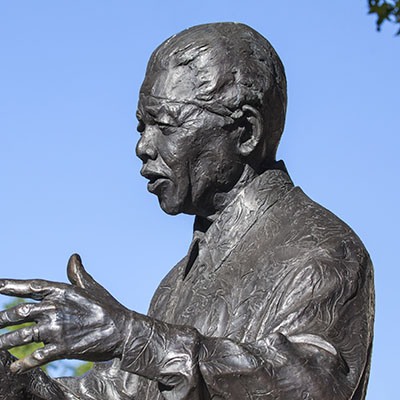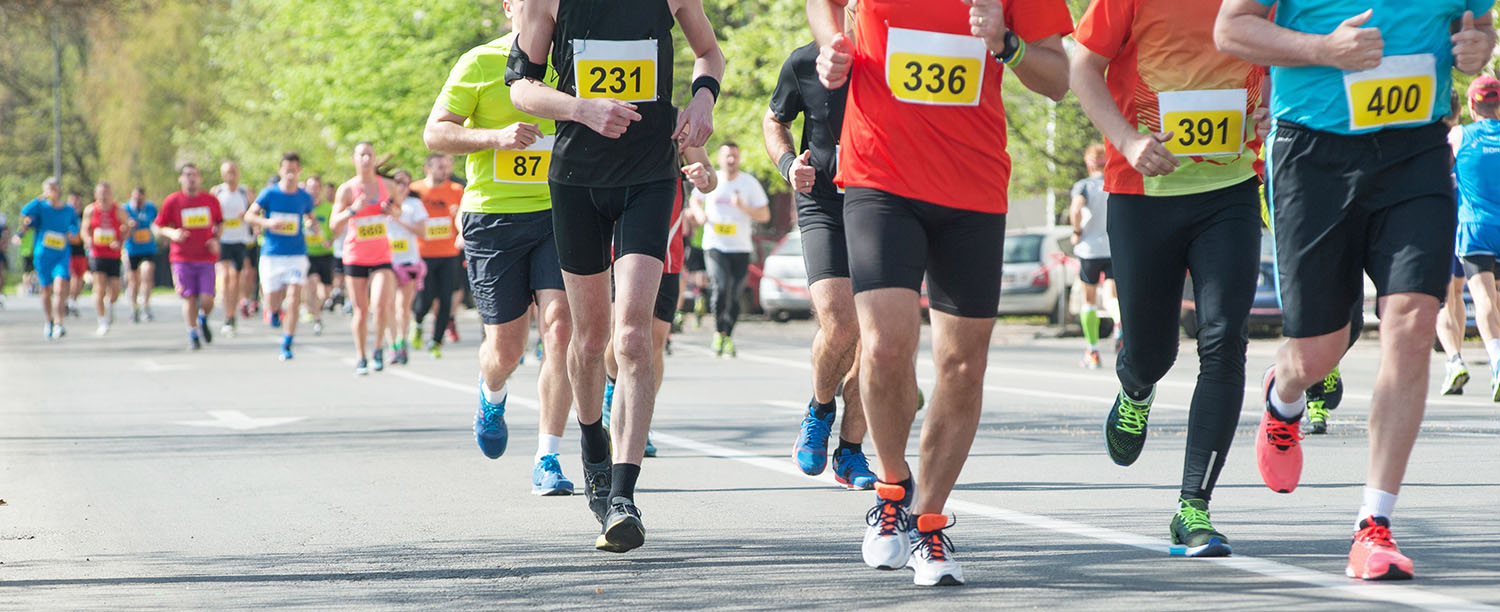

Sports sponsorship by banking institutions: A win-win relationship
There are two realities that give meaning to this title. On the one hand, the demand by organized sports for quality sports sponsorship. On the other hand, an economic crisis that comes from a long way and has been exacerbated by the arrival of the pandemic

“Sport has the power to change the world. It has the power to inspire, it has the power to unite people in a way that little else does. It speaks to youth in a language they understand. Sport can create hope, where once there was only despair.”
It is precisely this power of sport referred to by Mandela that has led society to organise its practice to make it affordable to everyone. From governments to smaller entities. And this power is also the factor that attracts companies to link their brands to it. However, it is also equally true that the global crisis caused by the pandemic has temporarily deprived sport of power and has forced a rethink of the interest and form of linking companies to sport.
If we define sports sponsorship technically, we refer to customised services or financial endowments, such as advertising or technical material, or human resources, that the sponsoring party, usually a company, does in exchange for rights to image use or certain services the sportsperson or sports entity may offer. It is an excellent way, for a brand, to be able to come into contact with potential consumers, thanks to the visibility and public echo of the sportsperson or sport activity.
But if we want to explain sponsorship as a concept, and look for its causes, we must refer back to Mandela’s words, to the force that sport has to unite people as few things do, to inspire, and to speak the same language.
Since the first sports sponsorship agreement between the Slazenger brand and the organisers of the 1902 Wimbledon tournament, which remains alive and renovated, more than a hundred years of learning have passed.
Sports sponsorship does no longer equal patronage. In the same way that high sporting competition has had little to do, for a long time, with idealised sport where the important thing was participating. Sport, or rather organised sport, which is also culture, and as such inspires and trains, is demanding, even more so today, to be able to receive an economic support other than patrons, which have long proved to be insufficient, and today even more so.
Patronage does not disappear, but the exponential increase in the number of practitioners of organised sport, teams, clubs, federations, and challenges of all kinds has far exceeded their possibilities. Nor does that coming from public money, which is very much oriented to promoting sport for everyone, not competitive, and, in contradiction to what some people think, to promoting sport at the highest level of competition between national teams, in search of political profitability and national affirmation.
In the 21st century, sportspeople and businesses always want to go further, in demand and in importance. And demand asks for preparation, and time, and more time, and this dedication calls for compensation in a world where time is gold and where no one lives exclusively for a single activity, be it work or leisure. On the other hand, its importance requires a compromise that must be linked to something more than commercial interest.
Currently, the experience of sponsorship shows that there are common threads beyond the monetary or commercial interest. It is about passion, about involvement, even emotional, in each other’s project. Companies genuinely attracted to that sport or sportsperson, or by their values, that need sportspeople, teams, clubs, or national teams that, in turn, adopt their products and values.
It is for this simple idea of involvement with true and authentic sentiment by both sides, that we often talk about win-win, a widespread way of saying “everybody wins”. Even in sports finals, the loser may win too. Just for having played, for the momentum and progression it meant, for their style of play, for their fair play, or for having overcome an extreme adversity during the game or during the path to the finals. All the examples we will find will ultimately help us to realise that when it comes to sport, finding the win-win is, theoretically, quite simple.
It is around this idea that sports sponsorship is permanently rethought. In the idea that everyone wins.
But the pandemic and its consequences are forcing a new rethinking. The great sports sponsorship is in question. And it is the result of this moment that the new emerging banks, amongst other companies, before the announced collapse of traditional banking, are also called upon to participate in sports sponsorship.
A bank’s customers are both companies and people, and therefore a bank’s customers are also sponsors and sportspeople. A bank, therefore, if it has the will to make it possible, has the contacts and can mediate to help sports sponsorship, or to sponsor directly or in a combined way between the two models.
The new situation resulting from the pandemic, of which we differentiate the two most important stages, the one which cancelled all sporting activity and the current one, where competitions have returned with restrictions that are especially visible at an international level, has led sports sponsorship to be re-examined.
According to a study by Nielsen Sports, one of the largest companies in the world specialized in the analysis of data aimed at sports sponsorship, trademarks, and advertisers, it is shown that in Europe alone, USD 35 billion a year is spent on sports sponsorship. According to the same study, the Covid-19 crisis has accelerated more than ever the importance of companies providing maximum efficiency with reduced investments, as well as measuring the impact and effectiveness of these.
The study, carried out in Germany, revealed, among other things, that 69% of respondents consider that a financial rescue to a sports club would improve the image and sympathy for the sponsor. Following this study, some experts agree that this crisis may be a great opportunity for sponsors to identify new business opportunities and to play a role of integrity in the life of consumers in the near future. The commitment of the sponsor in times of crisis may increase the notoriety of its brand in a very positive way.
From this it can also be predicted that, since the new banks are born by combining efficiency and performance with reduced investments, if they can measure the effectiveness and impact of their strategies, they can become the perfect ally of tailor-made sports sponsorship.
New banks, with fewer costs than traditional ones, find their necessary partner in sport, no doubt about it. The visibility and transversality of sport are its most real approach to people and, with little more than the opening of private customer accounts, and the loyalty of these customers, the performance of sponsorship is justified. And to make it easier, providing this return is within the reach of the majority of sports organisers in need of sponsorship, especially those small, very altruistically run, and with the most authentic aim as proposed by Mandela. In other words, those most directly linked to specific people, to people close to them, to people from local environments. Those environments where the new banking system has focused its interest on growing.
In conclusion, the new banking system aims to be the proximity banking that local people and sporting entities can use for the greater benefit of all parties and to achieve the much-priced “everyone wins”.
Leave a Reply
You must be logged in to post a comment.



article genial
Gràcies, Manel, ens veiem per La Plaça
Es una molt bona cosa patrocinar suport,cultura,ciència tot allò que sigui bo per la societat
Cert, Alícia. ^_^
👍
Estic completament d’acord amb tu Jennifer, boniques i certes paraules les que ens ha deixat Mandela. I bona reflexió la de l’article relacionant patrocini esportiu amb la banca actual, sobretot en plena situació postpandèmia. M’agrada!
sempre havia pensat que demanar patrocini a un banc era per els professionals.. Però no té per què ser així quan es tracta d’una banca ètica i comunitària. Gràcies